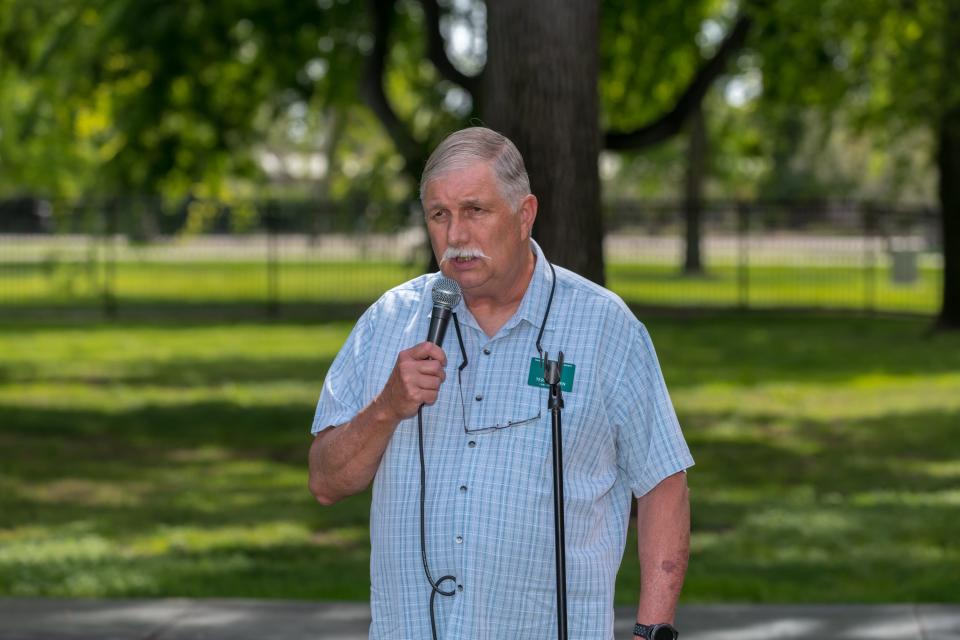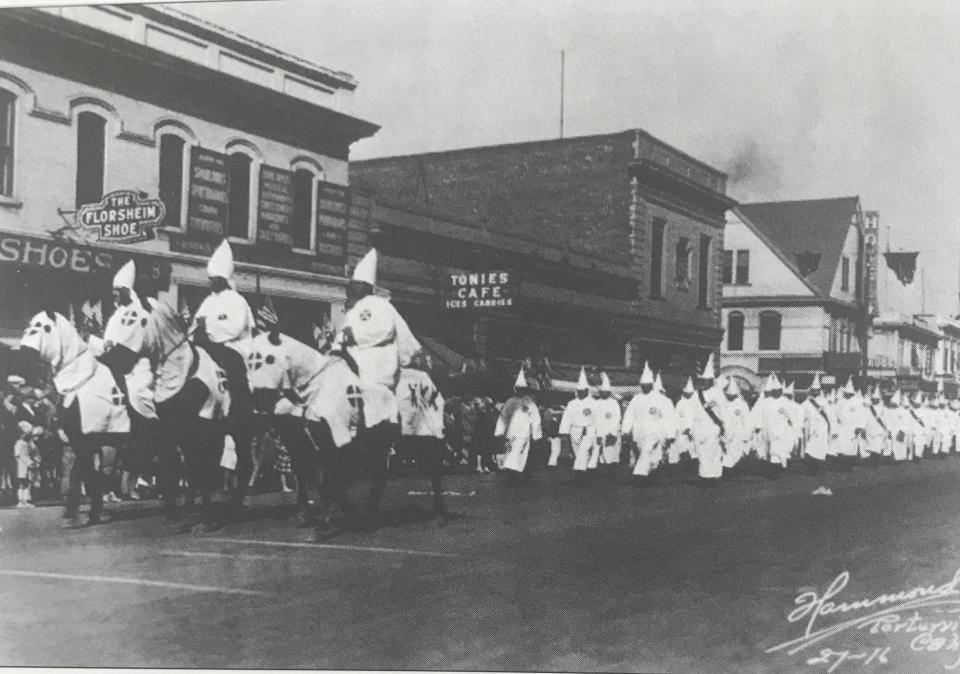Tulare County historian seeks local stories of Great Depression for 210 Connect forum
History lives when it is given a voice.
In his program for "Tulare County Voices @210," historian Terry Ommen will explore a poignant era of local history with his program, "Voices from the Great Depression: Stories of Tulare County."
The program will be from 7 to 8:30 p.m. on Dec. 13 at 210 210 W. Center Ave. in Visalia. Doors open at 6:30 p.m.
Ommen is Visalia's preeminent storyteller of history, and for this program, he is also seeking the stories that his audience can tell.
"My presentation would include some general context history about Tulare County during that time period," said Ommen, "but my focus would be audience involvement. I would like to hear not only from Dust Bowl migrants and their families that evening but anyone with any Depression-related story."

Those who attend can also be prepared to see vintage photos and accounts of the era.
As Ommen points out, the period from 1929 through the 1930s presented some of the most harrowing experiences for people in Tulare County.
"I am told that the Dust Bowl migration was the largest migration of people in American history," Ommen said. "About 2.5 million people moved out of the Plains States, and of that, 200,000 moved to California. Tulare County received a good share of them."
Their experiences were recounted in the novels of John Steinbeck, in the music of Woody Guthrie, and in the poetry of Tulare's Wilma McDaniel, the "Okie poet."
Ommen expects to mine the work of all of them.

There were other events in the Depression era in Tulare County that were distinctive, sometimes catastrophic: the rise of bigotry, such as the revival of the Ku Klux Klan, which famously held its state convention in Visalia in 1931; labor unrest, such as the cotton riots of 1933; and natural disasters, such as the devastating flood of 1938.
The Ku Klux Klan and Visalia:The Ku Klux Klan and Visalia: A legacy of racism that hasn't died
Ommen also plans to recall the centers of the migrant experience, such as Linnell Camp and Tagus Ranch.
"I have heard some of the stories from many of these dust bowl migrants and others over the years," Ommen said. "Not all the stories were of hardship, persecution, and dread, some were inspiring and uplifting. Then there is the story from the point of view of farmers, average citizens, merchants, etc. All points of view would be welcome."
Those who might have a story to share can contact Ommen at histerry@comcast.net. And be sure to attend "Voices from the Great Depression" on Dec. 13 and join in the community conversation.
This article originally appeared on Visalia Times-Delta: Tulare County historian seeks local stories of Great Depression

